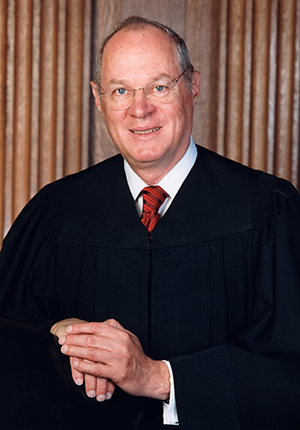Summary
A Texas law criminalized homosexual sex, even in the privacy of one’s own home, and John Gettes Lawrence and Tyron Garner (two men) were convicted under it. Defendants appealed. The Court held that the Fourteenth Amendment protects the right of consenting adults to engage in intimate conduct in the privacy of their homes without interference from the state. In constitutional terms, the Lawrence decision added support to the constitutional basis for equal protection regardless of gender and sexual orientation.







